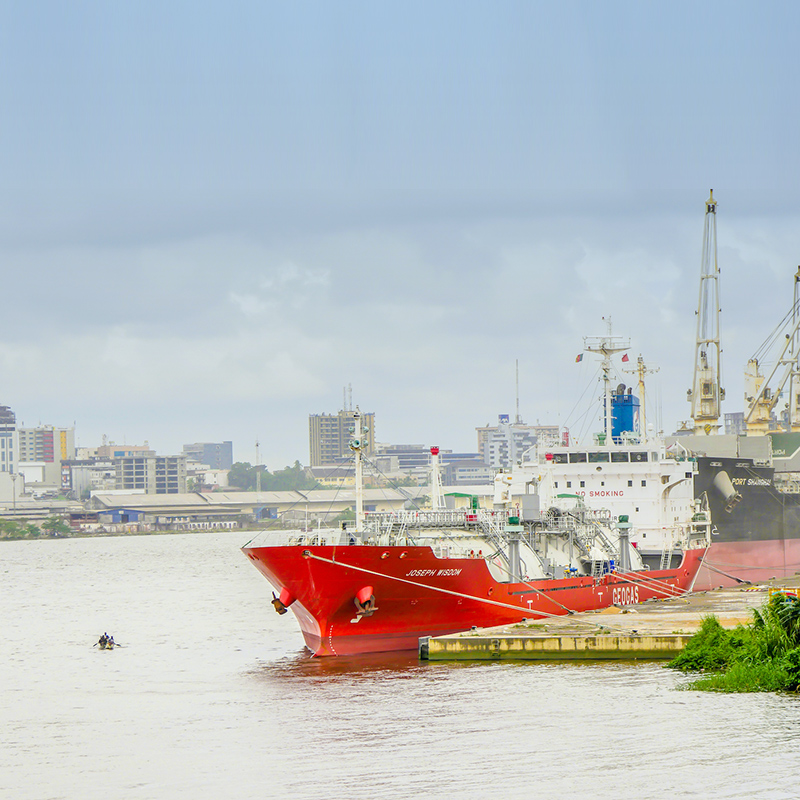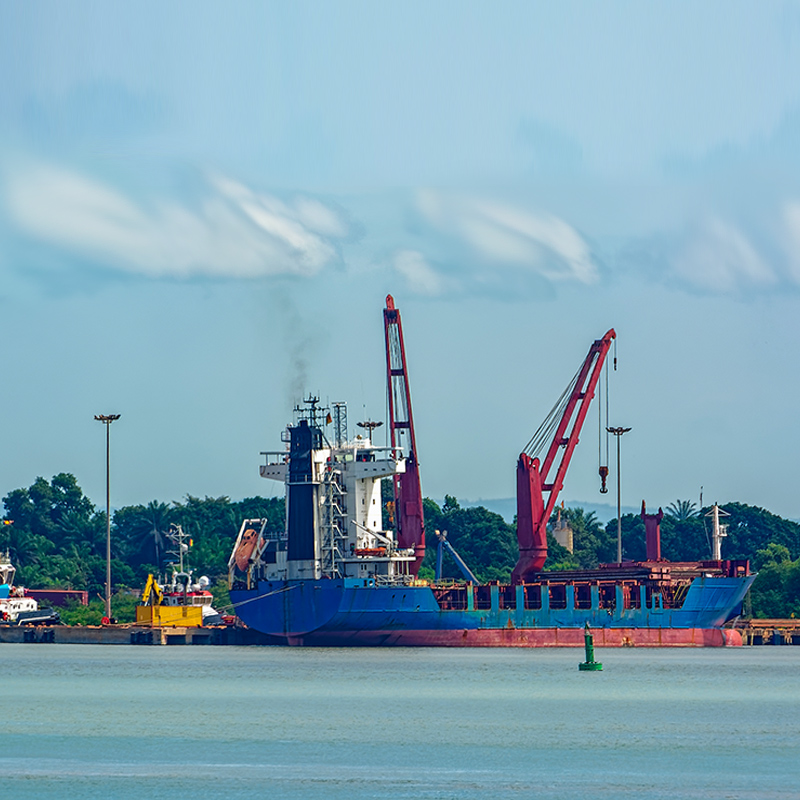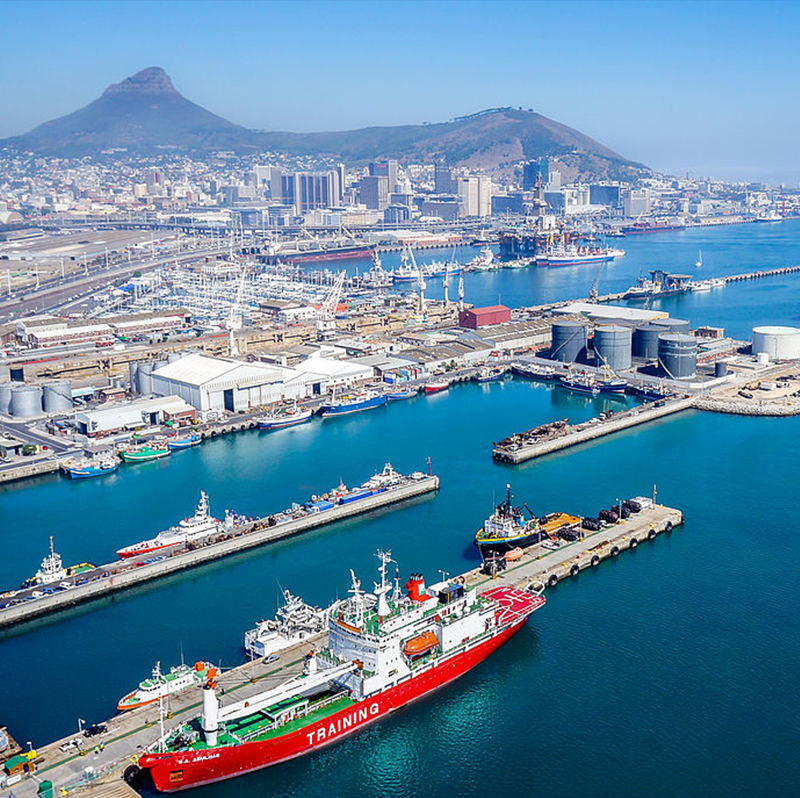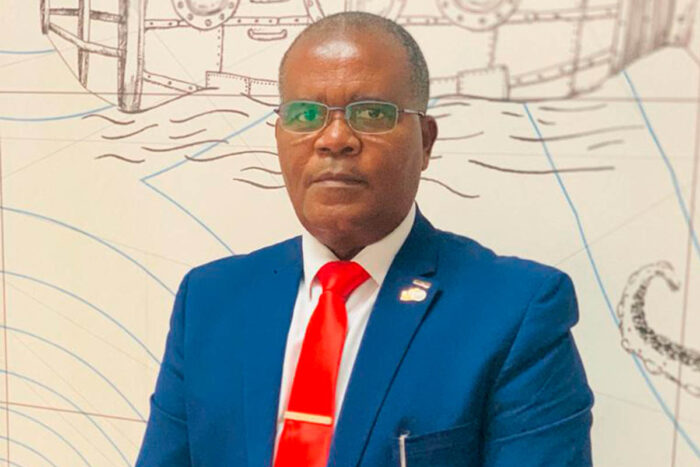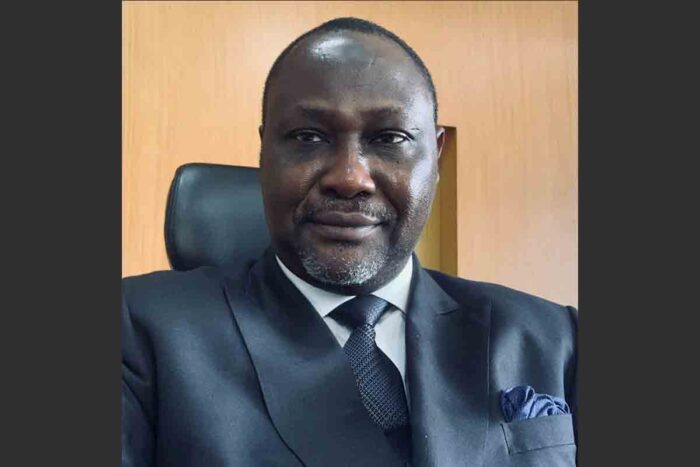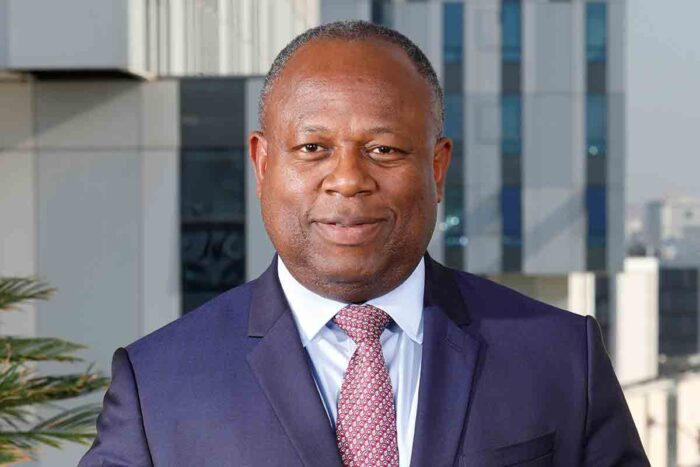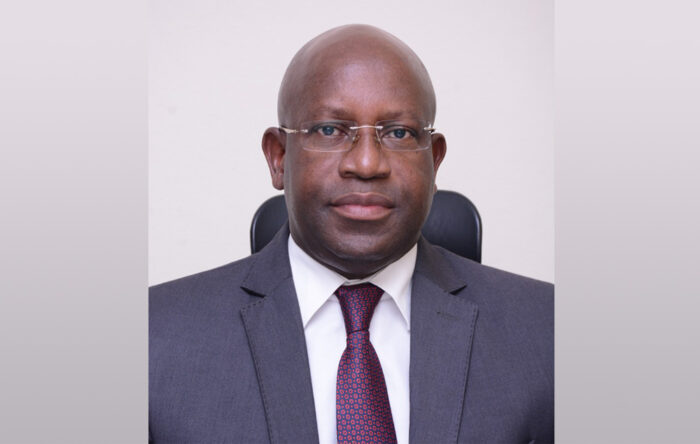INFRASTRUCTURE
No country in Africa has been spared by the COVID-19 pandemic, and the hard-fought economic gains of recent years are under threat everywhere. In fact, in 2020, the region’s GDP could contract by as much as 3.4 percent, down by over 7 percentage points from pre-crisis estimates. Improved infrastructure has rightly been among the countermeasures proposed and will be a major component of any stimulus plan, both for responding to the pandemic and for building resilience over the long term.
Projects that stimulate economic activity, create employment, bolster supply chains, and expand access to health care, sanitation, and education. From power generation, to transport, health infrastructure, ICT… a myriad of opportunities across the board from companies and business emerging from the pandemia with renew appetite to investing in the continent.
Besides, investing in infrastructure will be critical to meeting rising consumer demand as well as increased regional economic integration as a result of agreements such as the AfCFTA. Improved infrastructure will increase all social and economic indicators throughout the continent, providing jobs for the surplus of young workers, acting as a conduit for private investment, and facilitating the transport of consumer goods and services.
RELATED INTERVIEWS: INFRASTRUCTURE
Investing in Trade Enabling Infrastructure Will Drive Africa’s Post-COVID Recovery
Andrew Dawes, CEO, Arise Ports & Logistics, discusses opportunities to invest in new ports infrastructure and the challenges West Africa faces in developing its economies and enabling trade.
26 August, 2021Port of Malabo readies for rise in trade
Domingo Efa Mangue, Chairman of the Board of Directors, Port of Malabo, outlines Equatorial Guinea’s logistics strengths and the port’s look for foreign direct investment to boost infrastructure to me
14 July, 2021Investment in Africa is investment in the world
Samaila Zubairu, President and CEO, Africa Finance Corporation, outlines Africa’s infrastructure needs and opportunities the continent has to achieve economic success and independance
23 June, 2021Fertile ground for first movers and innovative investors
Alain Ebobissé, Chief Executive Officer of Africa50, on opportunities associated with closing the infrastructure gap
15 June, 2021Namibia’s Ports Blaze a Trail to Regional Growth
Andrew Kanime, CEO, Namibian Ports Authority, details how the country is consolidating its role as a logistics hub
25 May, 2021Digitalization is the key to recovery
Jean Marie Koffi, Secretary General of the Ports Management Association of West and Central Africa, details how Covid-19 has accelerated the digital transition.
25 May, 2021Co-operation is key to unlocking Africa’s trade potential
Andre Didace Ciseau, Secretary General, Port Management Association of Eastern & Southern Africa, discusses the need for development of proper logistics corridors in Africa and the importance of colla
04 May, 2021

